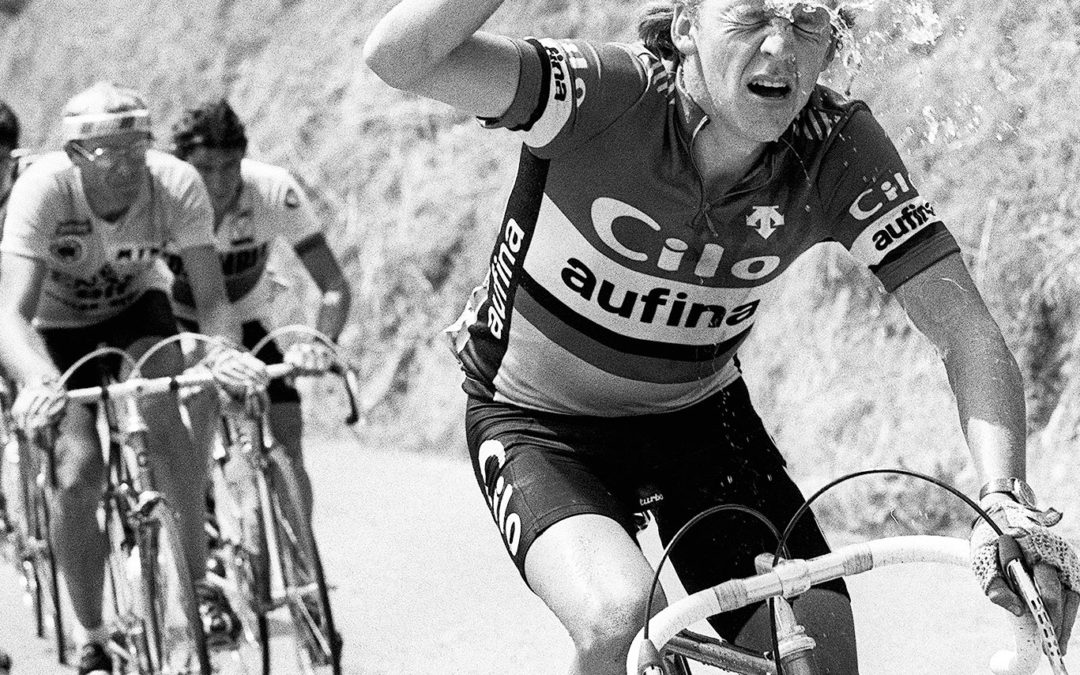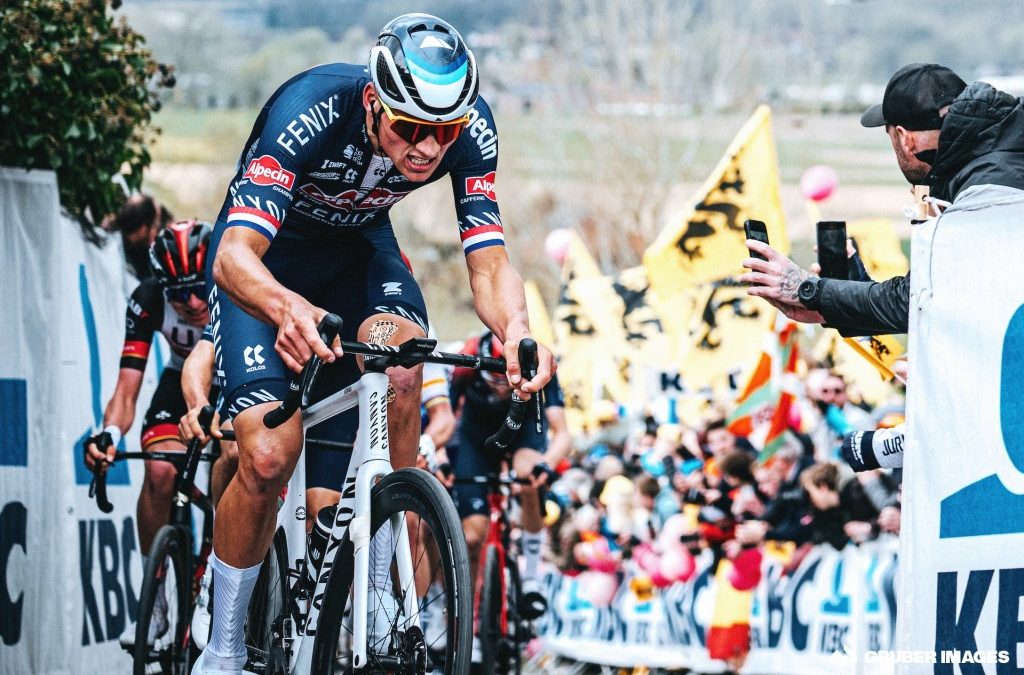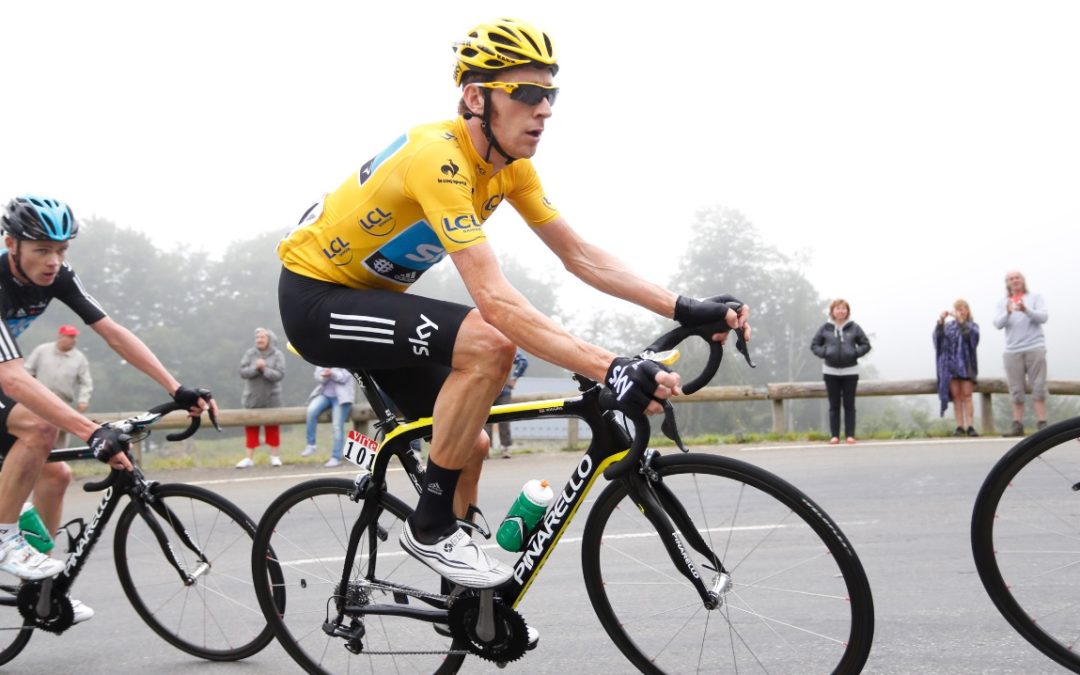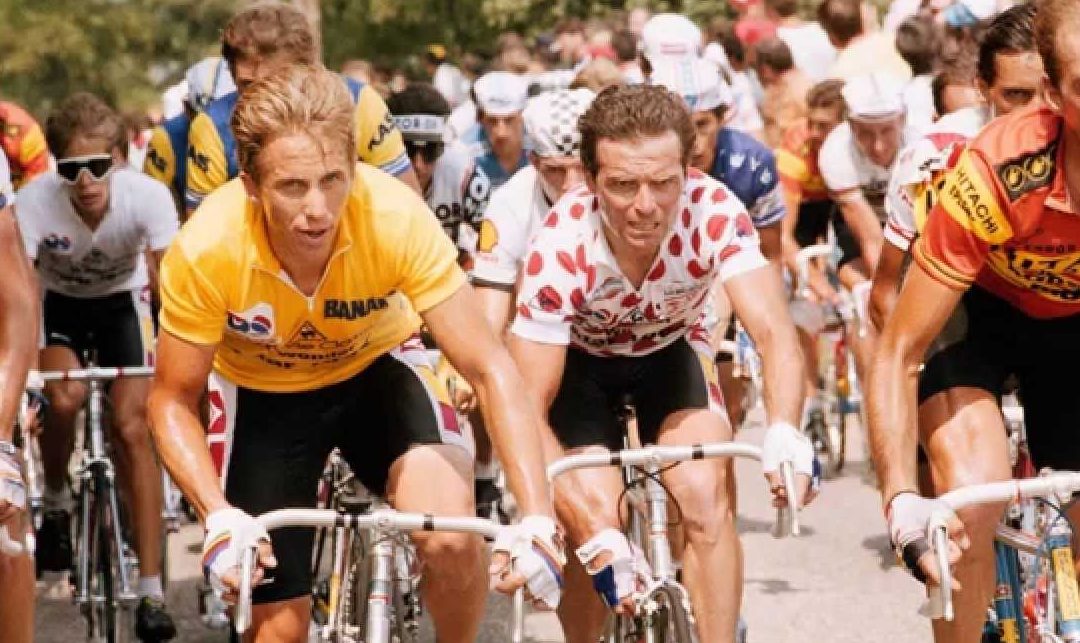
by Andrew Jamieson | Aug 6, 2022 | Cycle Racing, Cycling Nutrition, Cycling Sports Science
Riding in the heat can be demanding and having a strategy on race day can make all the difference. Luckily there is some commonsense sport science steps and procedures that can make the world of differences. Pre-Cooling Often in the Tour de France (especially due to...

by Andrew Jamieson | Apr 6, 2022 | Cycle Racing, Cycling Sports Science, Tour de France
What Makes A Pro? We often forget the physiological make up of riders when we talk about sprinters, time trialists, “big diesels”, domestiques, climbers and roulers. Fundamentally though they are all very highly aerobically fit and these specializations...
by Steve Bale | Jan 16, 2019 | Cycle Training, Cycling Sports Science, Indoor Cycling, Uncategorized
Anyone who has used an indoor trainer and compared power numbers to what they make outdoors, will notice a weird difference. Almost everyone notices that the power levels they can achieve on the road, are better than the indoor trainer. Mysteriously, there never seems...

by Andrew Jamieson | Nov 1, 2018 | Cycle Racing, Cycling Sports Science, Power in Races and Training, Tour de France
When Is A Watt Not A Watt? 7.04w/kg …or is it 5.78w/kg… Aside from the fact that the first of the two numbers above is a prediction (waste of time –see previous post) and the second is just given to us by Team Sky (no data was given, just a number that has...

by Andrew Jamieson | Oct 25, 2018 | Cycle Racing, Cycling Sports Science, Drugs, Power in Races and Training, Tour de France
Predicted Power Output Based On Known Climbing Times…I Call BS For a start we need to take a look at power outputs and how they are measuring it. The claims are coming from timing a climb with a stopwatch (where we know the elevation gain and length) and using a...
by Steve Bale | Mar 12, 2017 | Cycle Training, Cycling Sports Science, Sports Testing
This lactate testing can be a bit mysterious for people. I thought you might like to know how it works. I really like the way we do it, because its the scientific gold standard for testing. I know you could google lactate testing yourself but I thought it might be...





